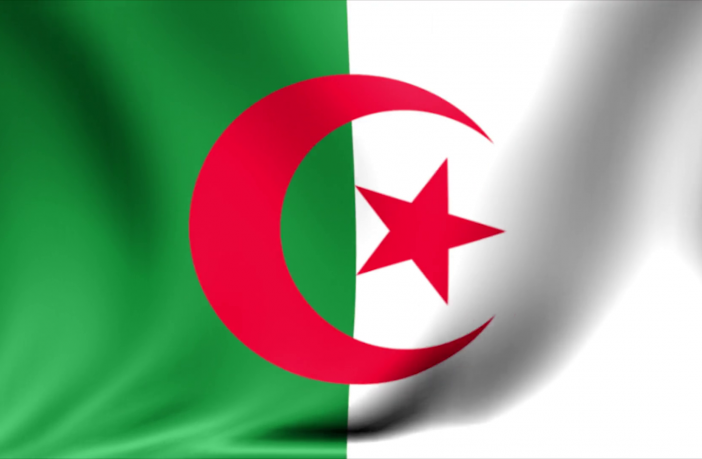- Only eight of the 93 companies which acquired the technical specifications for the tender have decided to participate in the procurement exercise.
- Collectively, the submitted project proposals had a combined capacity of 90 MW.
- Domestic content rules required the use of solar modules assembled in Algeria, as well as locally manufactured mounting structures and cables.
The Algerian Electricity and Gas Regulation Commission (CREG) has received eight technical proposals in the tender for the construction of several PV power plants with a combined capacity of 150 MW in southwestern Algeria.
Country solar expert and president of Club Energia, Moloud Bakli, told pv magazine that these eight offers have a combined capacity of 90 MW. “We felicitate CREG, the cluster members and the developers that have submitted an IPP offer, despite the constraints related [to the]first of a kind IPP tender and the little or no experience in this field in Algeria except in sea water desalination long term contracts”, he stated. “We hope that this tender will bring a lot of learning in the Algerian ecosystem preparing both public and private players for [the]next wave which is large scale utility IPP with the ability to attract foreign investments.” Nevertheless, this tender had the participation of a foreign consortium from various countries including China, Turkey, and Egypt, according to Mr. Bakli.
Initially, 93 companies had acquired the tender technical specifications in order to participate. The projects were planned to be hosted in the four provinces of Ghardaïa, Biskra, Ouargla and El Oued, but no proposal was submitted for the latter. The Algerian government planned to deploy 50 MW in Ghardaïa, 50 MW in Biskra, and 30 MW in Ouargla. The region of El Oued was expected to host two 10 MW solar plants in Tendala and Nakhla.
Abdelkader Choual, president of CREG, attributed the limited success of the tender to the fact that Algerian investors are still new in this sector. “Many investors wanted to bid on this tender, but they may have had difficulties in preparing their technical offers, which is complicated by the fact that this is an entirely new process for us,” he stated.
The selected projects, ranged in size from 10 MW to 50 MW, must be developed on a build–own–operate (BOO) basis and will be awarded a 20-year PPA. Only Algerian private and public entities were allowed to participate in the reverse auction process in consortia with foreign players in a 51/49 joint venture scheme. The tender also included local content requirements for modules, mounting structures, and cables, with bidders being required to source these components from the existing local supply chain.
The Algerian Government is currently holding another 50 MW tender for the development of off-grid hybrid gas/diesel and solar projects.
This second tender, which is being run by Algerian state-owned power and gas provider, Sonelgaz, through its SKTM unit, is aimed at lowering the cost of existing power generation stations in the south of Algeria, which are mostly based on fossil fuels. It will also include local content requirements.
Both tenders are part of the country’s plan to deploy 22 GW of renewable energy power generation capacity by 2030, including 13.6 GW of PV. The North African country currently has an installed solar power capacity of approximately 343 MW.
Author: Emiliano Bellini
This was originally published in pv magazine and is republished with permission. Link to original















